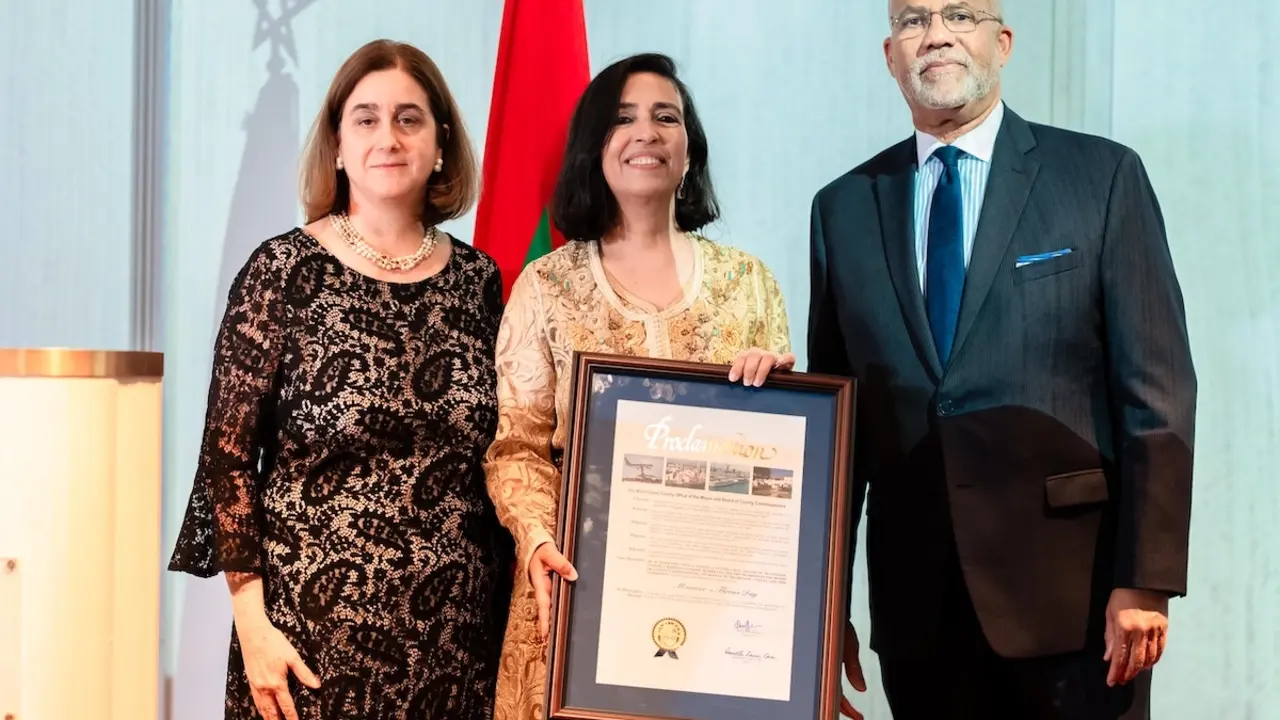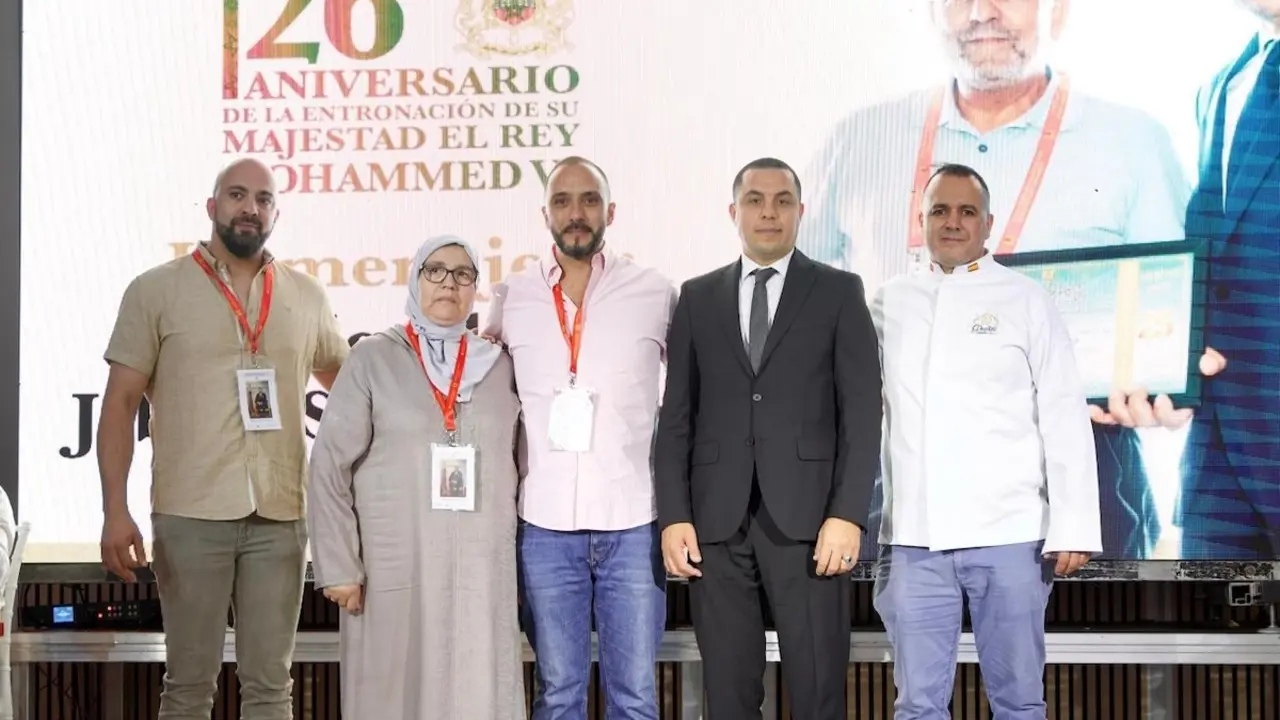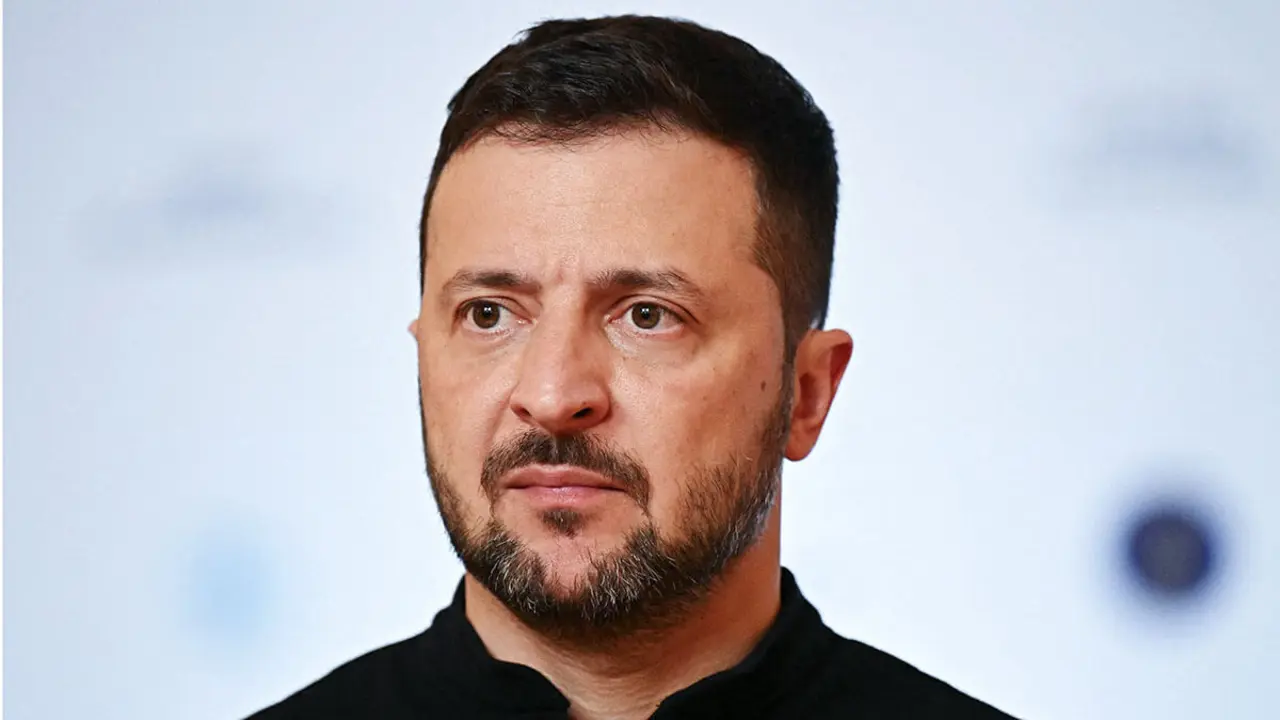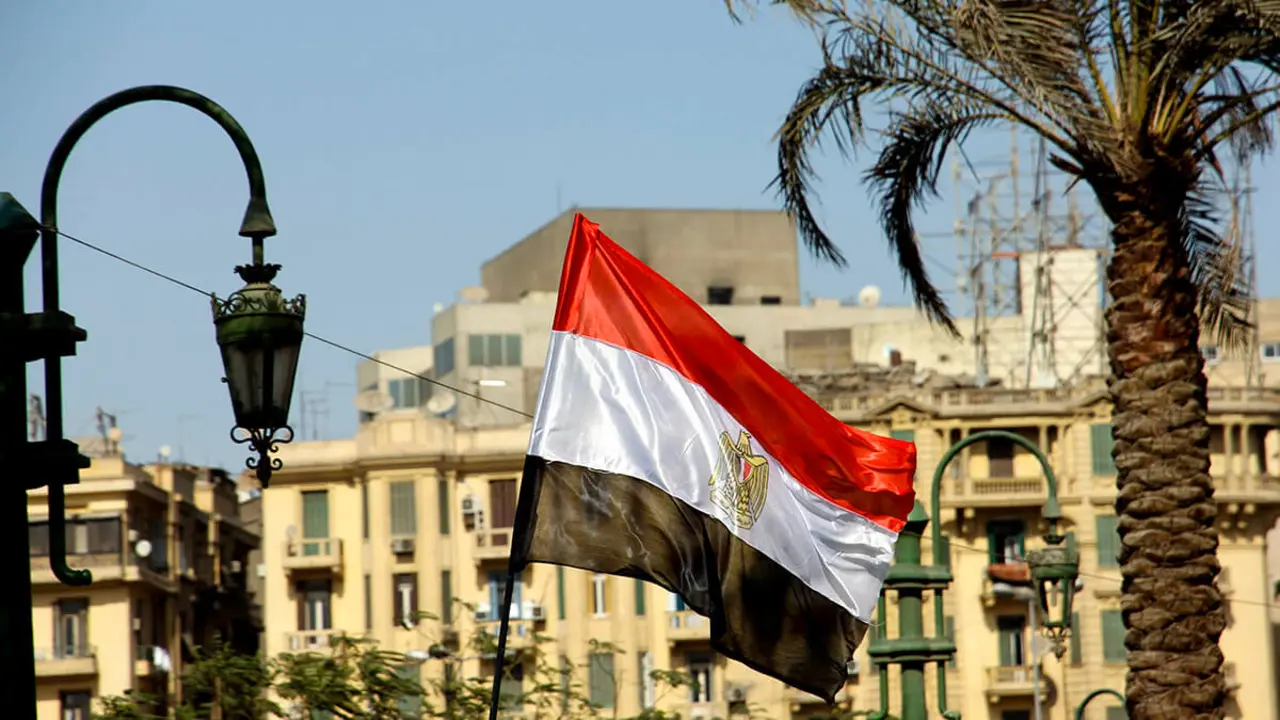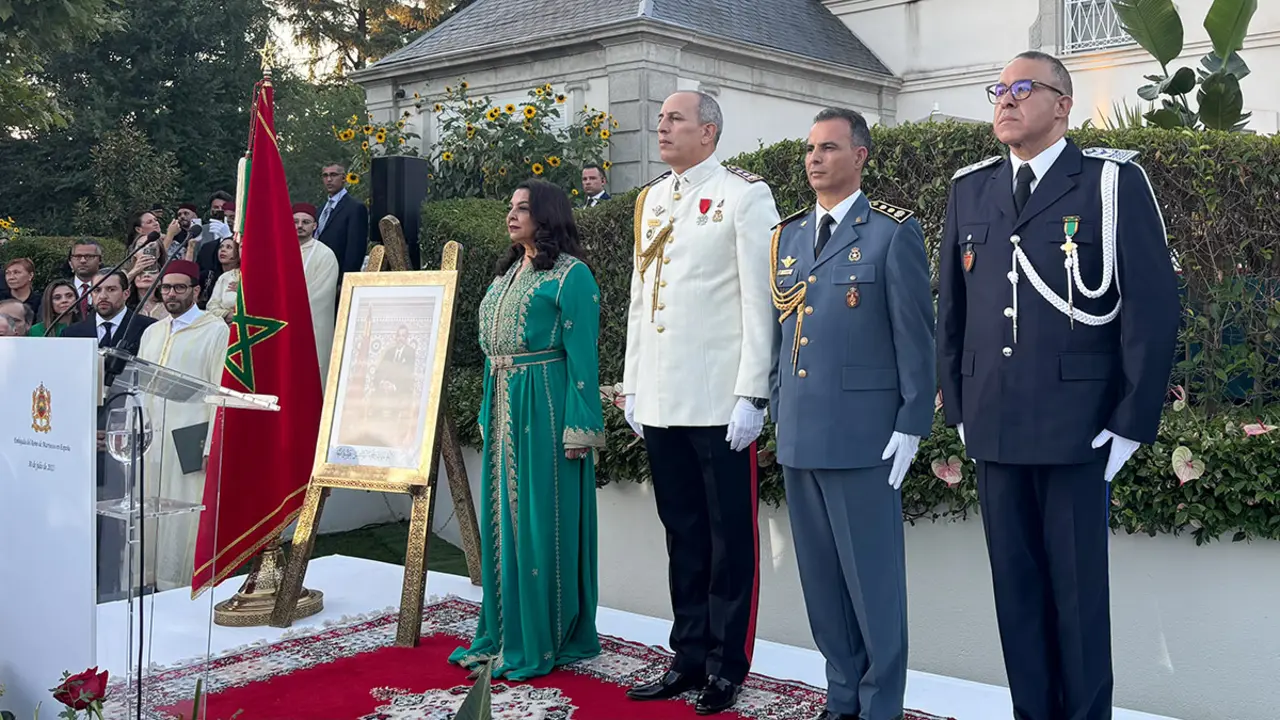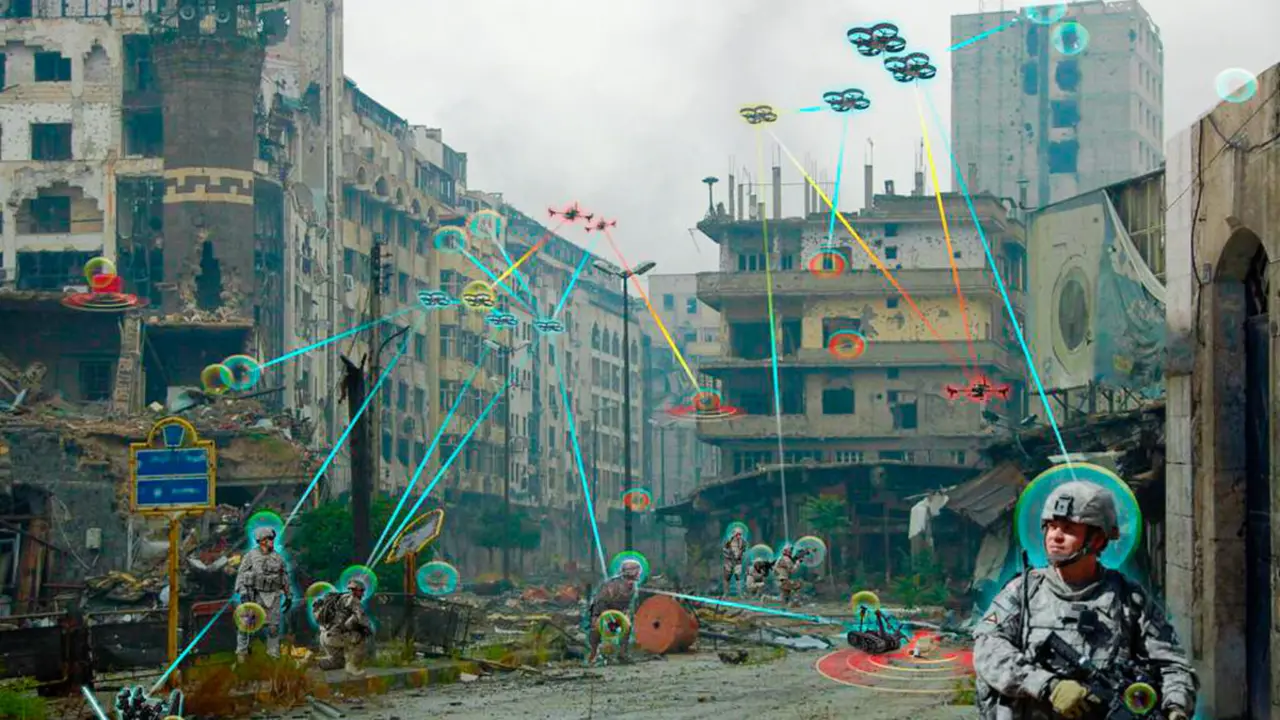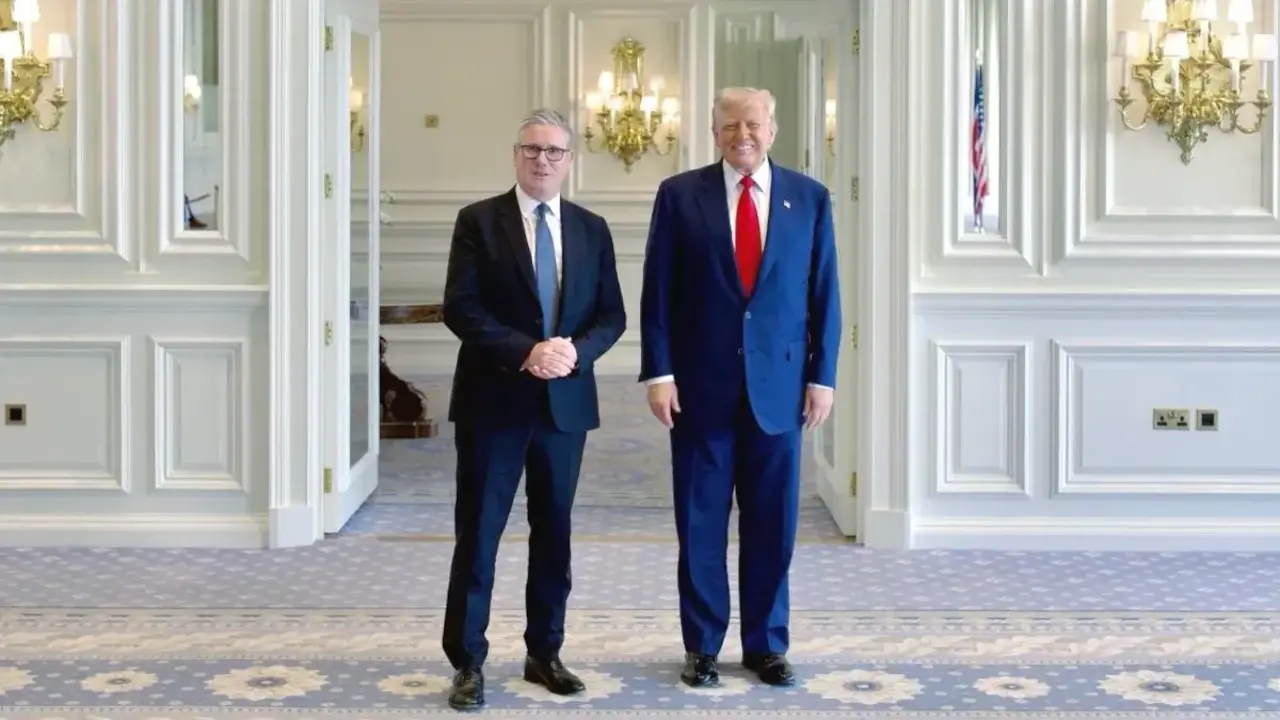Israel elects new president as Netanyahu-less government takes shape
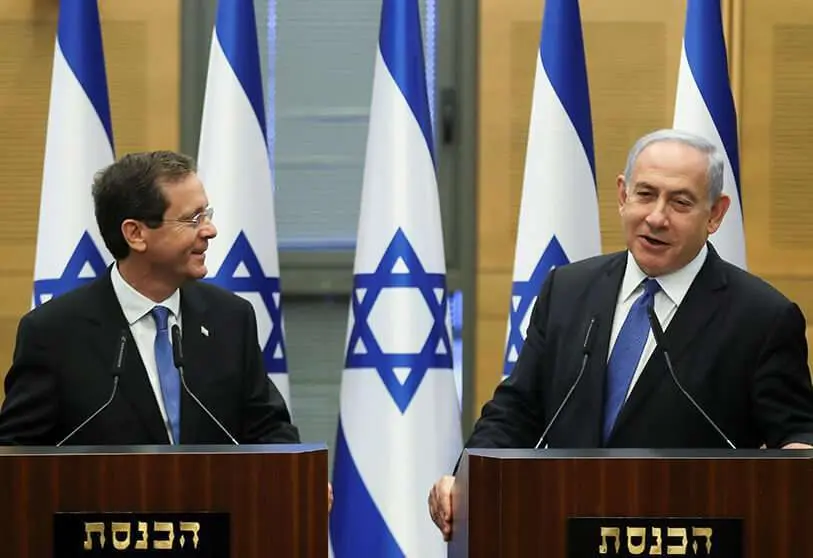
The last week in Israel has been a frenetic one on the political and diplomatic front. While negotiations to maintain the ceasefire between Israel and Hamas continue, at the same time Israel is going through a turbulent time in its domestic politics, unable to form a government after the elections of 23 March.
Benjamin Netanyahu, prime minister for 12 years, was the first to form a government after being the most voted list in the elections with 30 seats. Unable to reach a coalition agreement, the president of the Jewish state, Reuven Rivlin, entrusted the mission to Yair Lapid, leader of the Yesh Atid party, the second most voted list. And with just hours to go before the deadline for reaching a coalition agreement, negotiations continue.
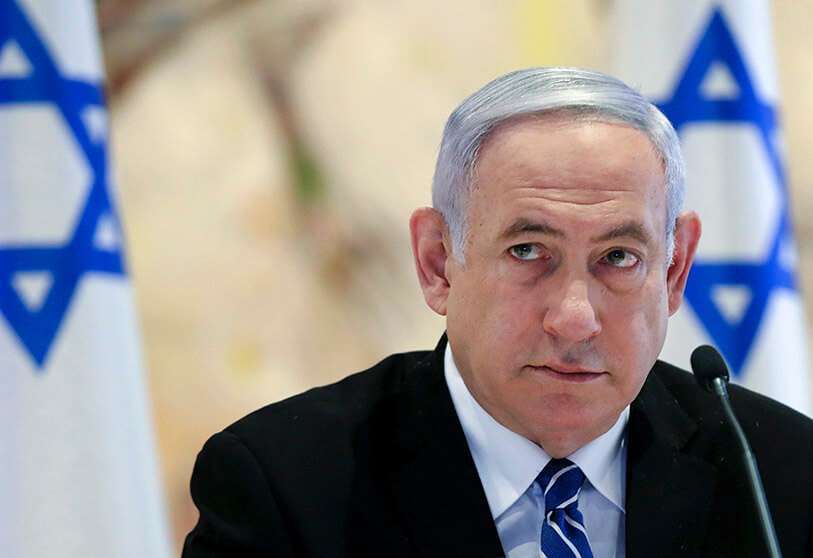
The distribution of ministerial portfolios is still the main point of disagreement between the different parties. One of the main sticking points is the formation of the judicial committee. The number two of Yamina, the party led by Naftali Bennet, has demanded to take Labour leader Merav Michaeli's place on the judicial appointments committee.
According to The Times of Israel, the Labour Party has already stated that it will not back down from the committee post. Another major stumbling block concerns the Arab Raam party. Raam's leader, Mansour Abbas, has demanded in exchange for his support for the 'Change Bloc' that the Interior Ministry cede extensive powers to Israeli Arab municipal councils, a demand opposed by Ayelet Shaked (Yamina), who would serve as interior minister.

The nascent coalition agreement provides for a rotating presidency between Yamina and Yesh Atid, with Bennett serving as prime minister for two years before handing over the reins to Lapid. Once an agreement is reached to form a government, MPs will have to vote in parliament and then the inauguration will take place. As the final hours tick down to the deadline for a coalition agreement to be reached, MPs have also had to vote on Israel's next president.
Isaac Herzog or Miriam Peretz were the two candidates for Israel's presidency. During an anonymous ballot in which all 120 members of the Israeli parliament (Knesset) could vote, Isaac Herzog finally beat Peretz with 87 votes to 26. Herzog is the eleventh president of Israel who will succeed the current president, Reuven Rivlin, on 9 July.
In his first speech after being elected as Israel's new president, Herzog said he intended to "build bridges" within Israeli society and with the Jewish diaspora, encourage entrepreneurship, "fight anti-Semitism and hatred of Israel" and "safeguard the foundations of our democracy". Both the current prime minister, Benjamin Netanyahu, and opposition leader Yair Lapid, have congratulated Herzog.
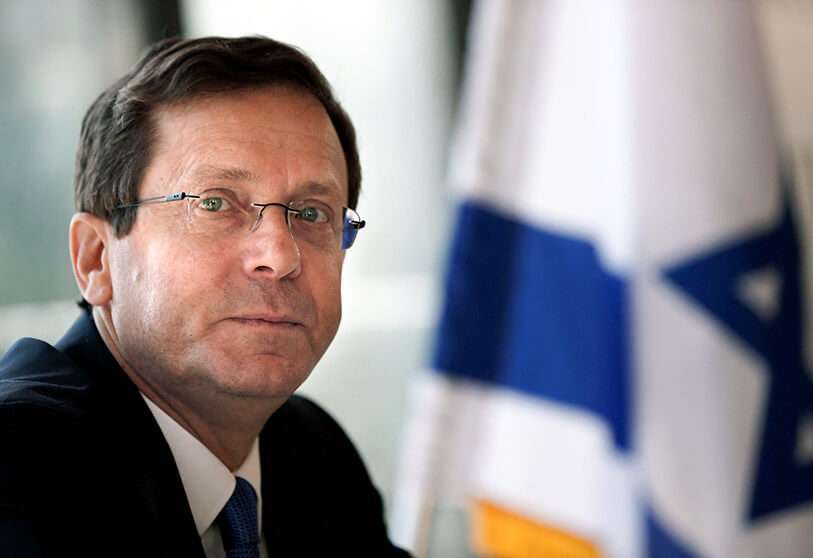
Isaac Herzog, head of the Jewish Agency and son of Israel's sixth president, is a renowned lawyer who, according to The Jerusalem Post, is the closest thing to Israeli royalty. He is the grandson of Israel's first Ashkenazi rabbi, Isaac Herzog, after whom he is named, and the son of former Israel Defense Forces Major General and then president, Chaim Herzog.
Although the figurehead of Israel's president is purely ceremonial, he also has the power to grant pardons, creating a potentially delicate situation, as Netanyahu is on trial on three counts of corruption charges. Herzog has avoided commenting on the crimes against the incumbent prime minister.

